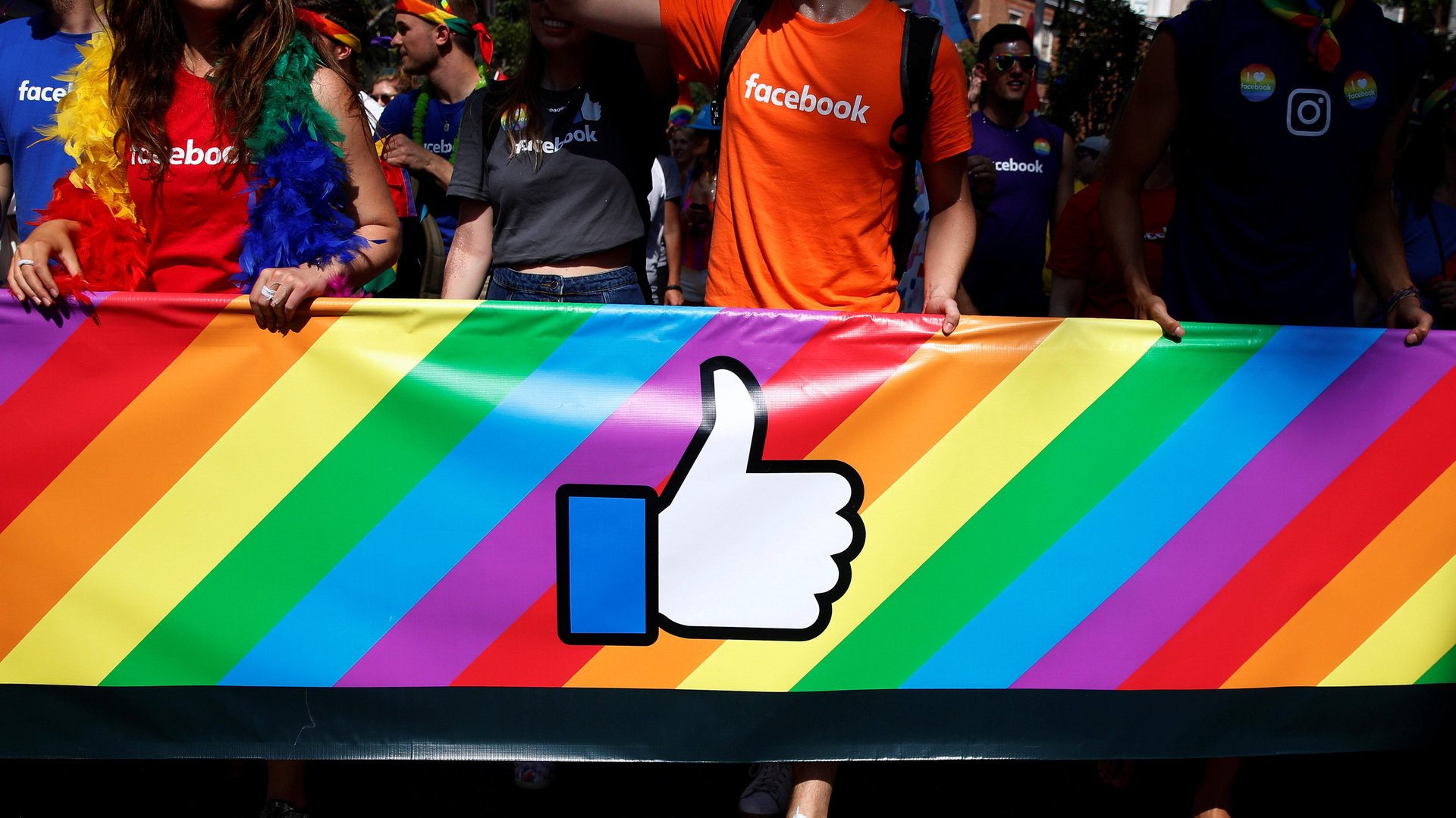The mistake managers make when it comes to diverse teams
Pepsi tried to stop police brutality with Kendall Jenner and a six-pack of Pepsi.


Pepsi tried to stop police brutality with Kendall Jenner and a six-pack of Pepsi.
Dove tried to wash away racism by having Black women cleanse their skin to be white.
H&M thought it’d be cute to have a Black kid wear a shirt that read “Coolest Monkey in the Jungle.”
Dodge Ram used Dr. Martin Luther King Jr.’s voice to urge people to buy trucks. During Black History Month.
When each of these seemingly misguided ads get called out publicly, people often ask “how can this possibly go through the entire organization and get approved?”
As someone who cares deeply about social justice and diversity and inclusion, I ponder that, too.
With the business world having its finger on the pulse of popular social trends, it’s no surprise companies are trying to find ways to ride the wave of rising social and political activism to move the hearts and minds of their potential buyers. But at companies with thousands of employees, with at least dozens, if not hundreds, of brains developing, editing, reviewing, and funding new ad campaigns, we would all like to think at least one person would have said something. Surely, someone must have noticed, cringed, or questioned. Surely!
But what if that one voice isn’t actually heard or respected? Or worse, invalidated or mocked?
Here’s a hypothetical scenario. Imagine a meeting where a team is reviewing a potential ad campaign:
Director of Whatever: Ok, so here’s the latest draft on our spring campaign. I think we’re ready to move forward into development.
Employee #1: Oh wow, that looks amazing!
Employee #2: This is going to help us crush our numbers.
Employee #3: Uh… wait, isn’t this kind of… racist?
Employee #2: [Chuckling] What? No way, you’re being way too sensitive.
Employee #1: I think maybe we should reconsider the font here — to something a bit more modern?
Director of Whatever: That’s a great idea. Ok, I think we’re good to go.
Employee #3: …
Plausible? Having been in countless meetings where legitimate comments get squashed or trivialized by someone with more influence, I think yes.
Research has shown our workplaces still penalize or ignore those who speak up against bias and inequities at work. Diversity, in other words, doesn’t matter unless the work culture allows for real inclusivity without penalty or negative repercussions. Companies need to not only create diverse teams, but also create a culture in which underrepresented voices are listened to with the same level of respect, legitimacy, and credibility.
Without a doubt, more ideas are going to surface that aim to capture people’s attention while connecting through what they care about deeply. Our own experiences, identities, privileges shape the lens through which we see the world. Because of this, all of us will have biases that make it difficult for us to see alternate realities. With good intentions, companies will make mistakes that harm their brands. It’s going to cost them. A lot.
There is no comprehensive checklist companies can use to avoid making another culturally insensitive or appropriative ad. Why? 1) it’d be too long and still not exhaustive and 2) because unfortunately, people’s definition of what is considered “culturally insensitive” differs. Subtlety is the name of the game when it comes to ensuring something is not culturally insensitive, appropriative, or flat-out oppressive.
What you can do is bring on people from different identities who can catch those nuances and biases and make sure to create a culture where their voices actually hold power.
If I were to create a “checklist” for avoiding culturally insensitive advertising it would look like this:
- Is the ad racist? Sexist? Transphobic? Heterosexist? Homophobic? Ableist? Classist? Islamophobic? [insert all the -isms you can think of]
- No? Says who? (If your ad has only been vetted by straight, cis-, white men, try again)
- Were there any concerns about the ad being culturally insensitive, appropriative, exploitive, or in anyway problematic? (even if there’s only one voice, amplify the comment and ask more people who may think it’s a concern)
More than ever, people are paying attention to how companies are handling social issues. Companies can no longer afford to fall prey to “group think” that will cause their CEO to write a public apology letter. “Diversity and inclusion” has been, and is becoming, an even bigger and more urgent business imperative.
The truth is, there is no silver bullet or easy answer to becoming a socially conscious company that pumps out socially conscious ads. Turns out, you can’t really “fake” this one with expensive marketing campaigns.
You have to actually become one.
Michelle Kim is the co-founder and CEO of Awaken, a provider of diversity and inclusion workshops.